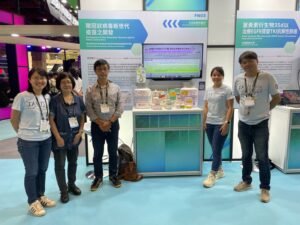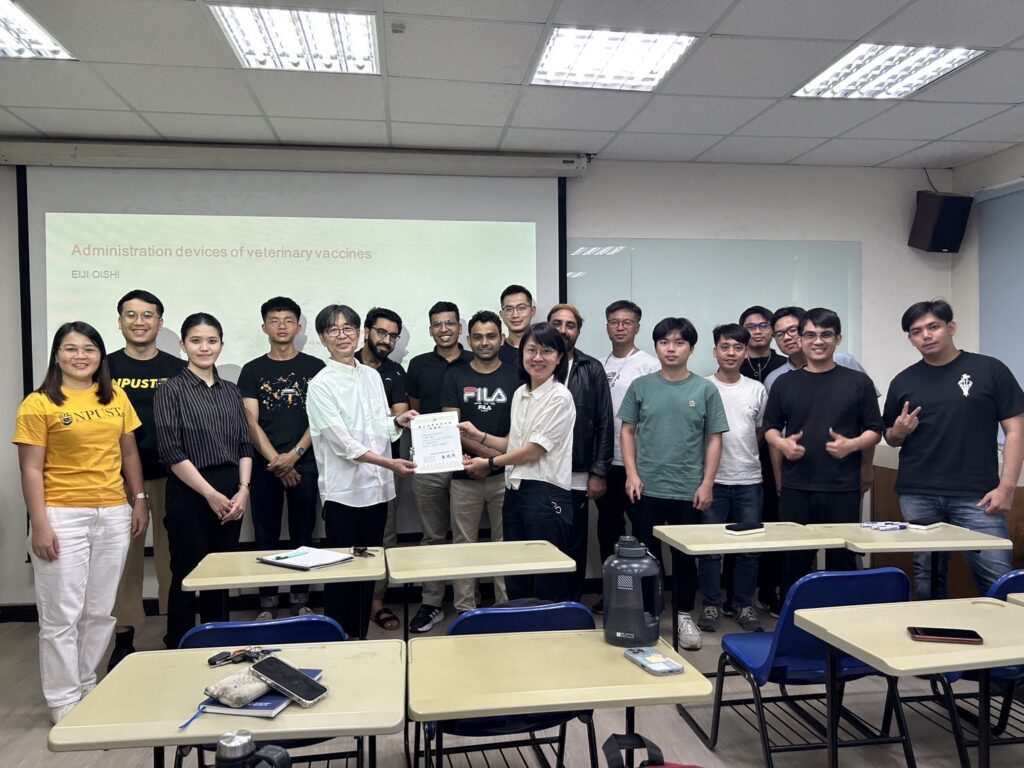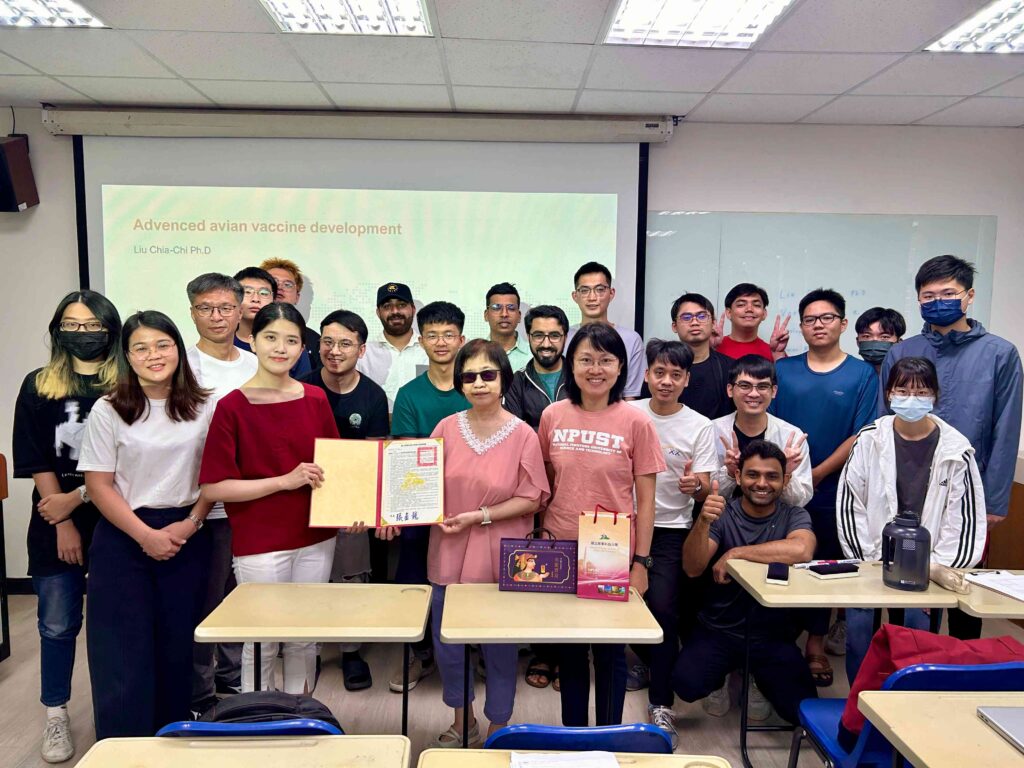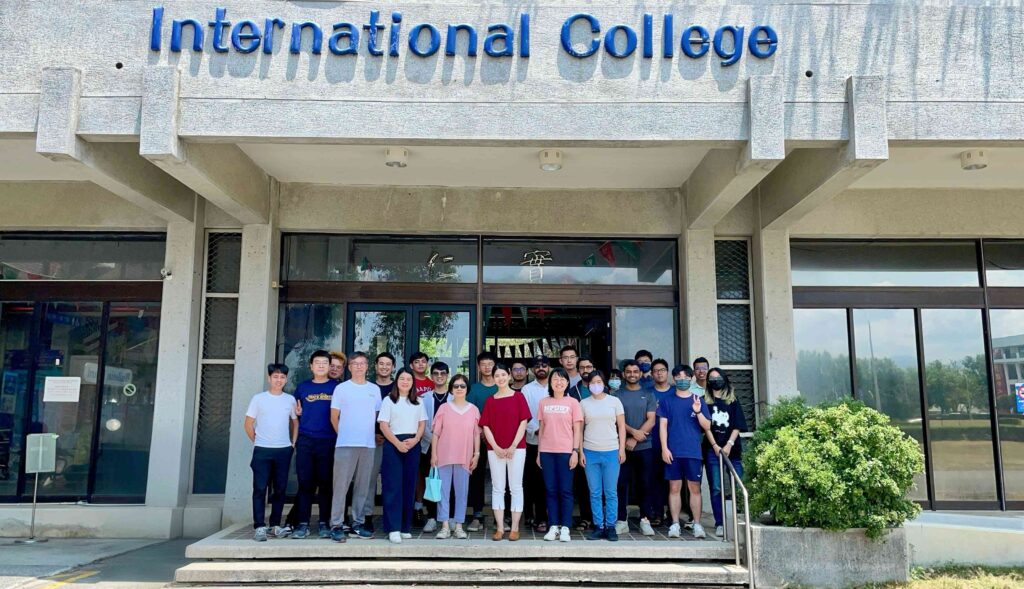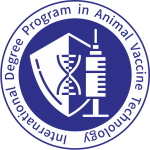Professors and researchers from the IAVT department have been recognized for our innovative work in vaccine development at the 2024 Taiwan Innovation Technology Expo, held at the Future Science and Technology Museum. Our project, titled “Development of New Generation Vaccines against Swine Corona Virus,” aims to address significant challenges posed by coronaviruses affecting swine, which have led to substantial economic losses in the agriculture sector.
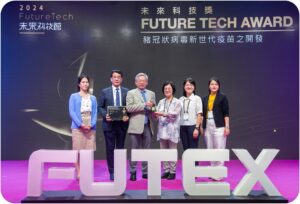
Award Recognition
The award highlights the team’s commitment to advancing veterinary medicine through cutting-edge research. We focus on developing effective vaccines against swine coronaviruses is crucial, as these viruses can cause severe diseases in pigs, leading to high mortality rates and significant financial impacts on farmers. The research emphasizes creating next-generation vaccines that are not only effective but also safe for animal populations.
Research Significance
Swine coronaviruses, particularly the porcine epidemic diarrhea virus (PEDV) and transmissible gastroenteritis virus (TGEV), have resulted in billions of dollars in losses globally. Existing vaccines have shown limitations in efficacy, prompting the need for new solutions. The IAVT team’s research explores advanced vaccine platforms, potentially utilizing nanoparticle technology to enhance immune responses against these viruses.
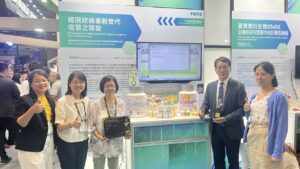
Future Implications
The implications of this research extend beyond swine health; insights gained could also inform vaccine development for human coronaviruses. As the global community continues to grapple with the impact of COVID-19, understanding and combating animal coronaviruses could provide valuable lessons in vaccine design and implementation.
